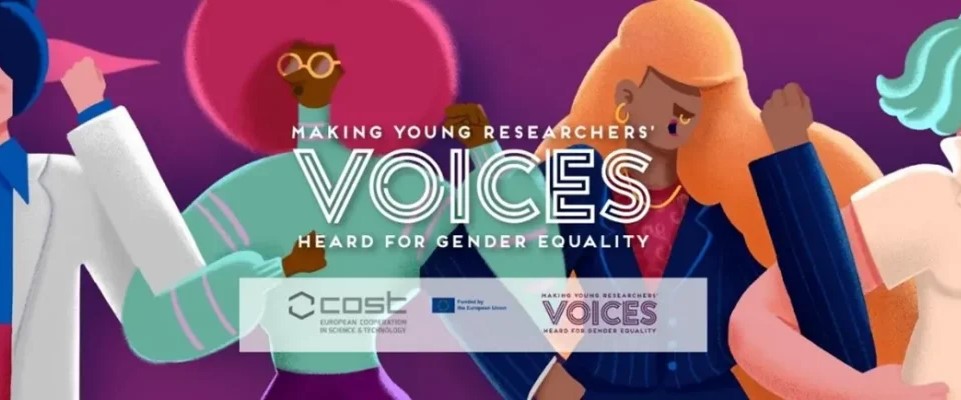Promoting gender equality is a critical aspect of sustainable development, and researchers have developed various tools and methods to assess and address gender-related challenges in different contexts. Gender equality evaluation tools provide a structured framework for assessing the state of gender equality and identifying areas for improvement. These tools often focus on areas such as access to resources, decision-making power, and the equitable distribution of benefits. By using these tools, practitioners can gain a deeper understanding of the gender dynamics within a particular context and develop targeted interventions to address identified gaps. Organizations use these tools to reflect on their current situation in terms of gender equality and navigate their future progress. Everybody working in higher education should know these tools and reflect and discuss and evaluate their own context in terms of gender equality.
Open Space Technology (OST) is a facilitation method used to organize large group meetings, particularly for complex issues where participants drive the agenda. Created by Harrison Owen in the 1980s, it is designed to empower attendees to take responsibility for what they care about most. OST works under the principle of self-organization, allowing people to propose and join discussions on topics that matter to them without a predefined agenda.
The process usually starts with a broad theme or question. Participants then suggest topics for discussion, and these sessions occur simultaneously in different spaces, with the freedom to move between them. Key features of OST include its focus on voluntary participation, the "Law of Two Feet" (allowing participants to leave sessions if they aren't contributing or learning), and the belief that whatever happens is the best outcome. It offers a valuable approach for facilitating collective reflection on gender equality. This participatory method encourages diverse stakeholders to engage in open-ended discussions, identify key issues, and generate innovative solutions. The open space approach can help to surface hidden perspectives, challenge assumptions, and foster collaborative problem-solving. This method allows for the emergence of new ideas and perspectives, and can be particularly useful in fostering a collective understanding of the complex and multifaceted nature of gender equality.
This workshop aims to create a space where the participants ( between 20-30) could reflect, discuss and evaluate their own institutions' current situation in terms of gender equality by using one of the evaluation tools.
- Poster

 PDF version
PDF version

